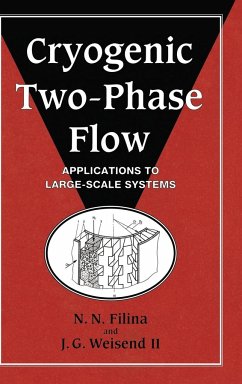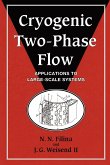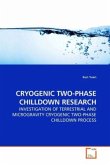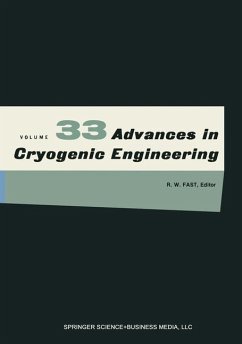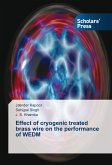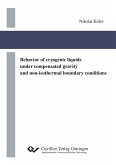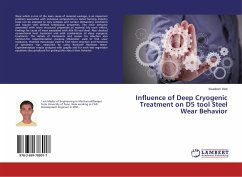Cryogenic systems that involve two-phase (vapor-liquid) flows are widely used in industries such as aerospace, metallurgy, power engineering, and food production, as well as in high energy physics research. The purpose of this book is to describe characteristic features of cryogenic systems involving two-phase flow, create mathematical models of these systems, and then show how the models may be used to develop optimal designs for practical cryogenic systems. The models are examined using analytical and numerical techniques, and then the predictions are compared to experimental measurements. Since transient phenomena can produce severe and unexpected effects in cryogenic systems, the authors pay particular attention to this important topic. Examples in the book are drawn from cryogenic fluid transport, gasification, and the stabilization of superconducting magnets. Much of this work is related to the development of large Russian systems in the areas of space technology, energy research, and particle physics. This book, the first devoted solely to cryogenic two-phase flow, will be a valuable reference for cryogenic engineers and scientists.
Hinweis: Dieser Artikel kann nur an eine deutsche Lieferadresse ausgeliefert werden.
Hinweis: Dieser Artikel kann nur an eine deutsche Lieferadresse ausgeliefert werden.

